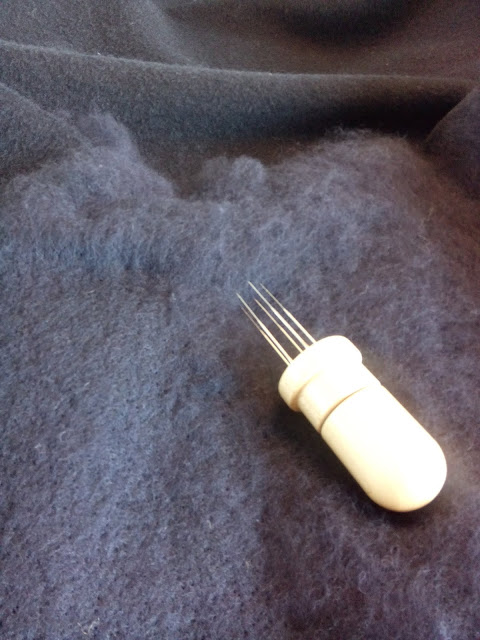2: It is making things that makes us human - Neil MacGregor
What if we look at the SDG’s from an object’s perspective? Let’s just do it and see where it will bring us. Neil MacGregor, in his book ‘A
History of the World in 100 Objects’ (2010), stated that by looking at objects
we can learn to understand our common history and even our future. This vast
volume, based on a BBC radio programme, starts with the probably earliest
object ever made by a human- a chopping tool- almost 2 million years ago and
ends with a solar panel and a connected lamp. Between these things man made
history. Mac Gregor writes (p13): “Right from the beginning humans, unlike
animals, have felt the urge to make things more sophisticated than they need to
be. Objects carry powerful messages about their makers, and the Olduvai chopping
tool is the beginning of a relationship between humans and the things they
create which is both a love affair and a dependency.”
To understand our common ground as humans, no
matter in which part of the world, in which time and in which culture, Mac
Gregor writes, we need to look at objects. Indeed “it is making things that
makes us human”. For the simple fact that writing is a relative late
achievement in human history, and so many cultures recorded and passed on their history orally and through manufactured objects. If
we look at objects closely, in detail and while doing so try to imagine how it
was made and used, we can learn to understand daily life. It could also help to connect each
other in the current turbulent time we live in. We all use a spoon, and always
have done so.
In 2012 The Brooklyn Museum in New York started to show their artefacts collection along new criteria and named the exhibition ‘Connecting Things’. With the idea that things made by mankind are an essential part of human expression, items are now shown straight through time and cultures. For instance a jug is and has been used in all cultures and all times, here they’re all shown together. Indeed when walking through the exhibition one feels part of the larger picture.





Reacties
Een reactie posten